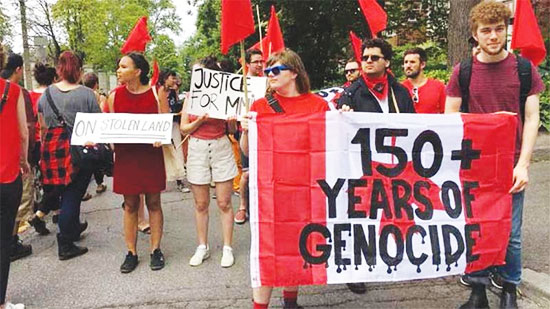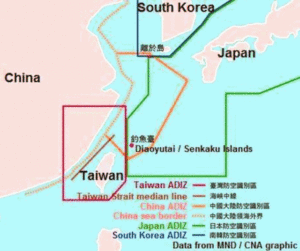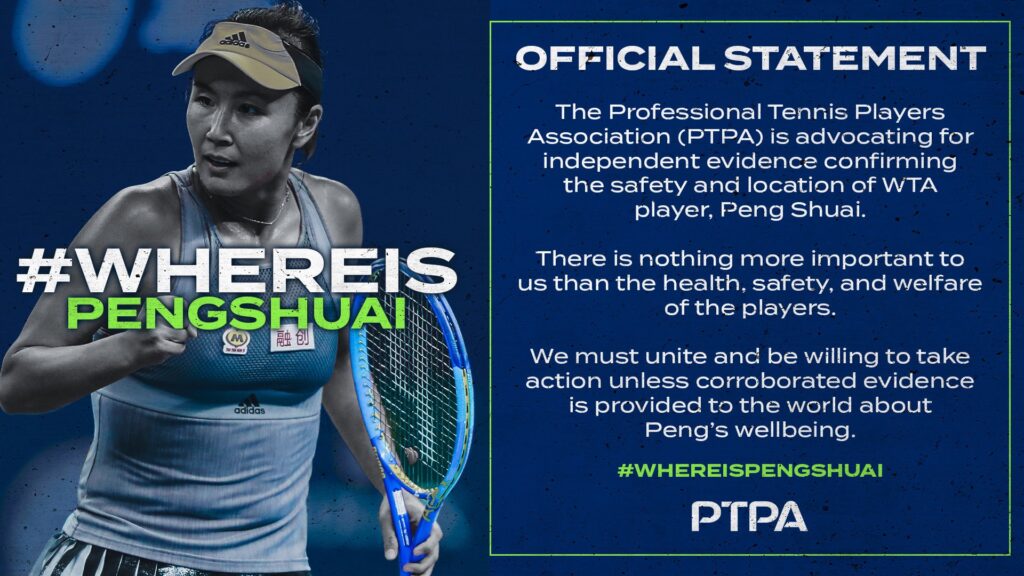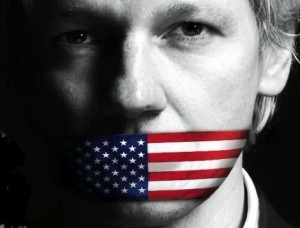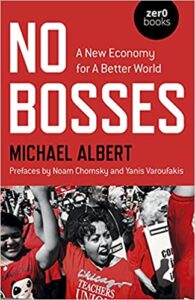… the claim that Russia should not have violated Ukrainian sovereignty is based on the erroneous belief that Ukraine was invaded. This assertion is based on ignorance. Quite aside from the international-law issues posed by the sovereign claims of the Donetsk and Lugansk People’s Republics (DPR and LPR), and hence whether they could exert sovereign rights to conclude treaties and hence invite military aid, there is the long-standing original threat and active aggression of NATO in and through Ukraine’s governments. The recognition of sovereignty does not outweigh the right of self-defense.
Prominent anti-war activist David Swanson focused on four of Russia’s original eight demands beginning in early December 2021:
- Article 4: the parties shall not deploy military forces and weaponry on the territory of any of the other states in Europe in addition to any forces that were deployed as of May 27, 1997;
- Article 5: the parties shall not deploy land-based intermediate- and short-range missiles adjacent to the other parties;
- Article 6: all member States of the North Atlantic Treaty Organization commit themselves to refrain from any further enlargement of NATO, including the accession of Ukraine as well as other States;
- Article 7: the parties that are member States of the North Atlantic Treaty Organization shall not conduct any military activity on the territory of Ukraine as well as other States in the Eastern Europe, in the South Caucasus and in Central Asia; and
Swanson rightfully called the original eight demands “perfectly reasonable” and that they “ought to have simply been met, or at the very least treated as serious points to be respectfully considered.”
Swanson compares the four concrete original demands, with Russia’s “new demands”:
1) Ukraine cease military action
2) Ukraine change its constitution to enshrine neutrality
3) Ukraine acknowledge Crimea as Russian territory
4) Ukraine recognize the separatist republics of Donetsk and Lugansk as independent states
This is according to Reuters, informs Swanson. Since Swanson selected Reuters as his source, and since he presented no other demands from other sources, one assumes Swanson concurs with Reuters. But there is a very large omission! Russian president Vladimir Putin has stated several times that demilitarization and denazification are demanded. One can speculate why Reuters may have omitted the foremost demand of denazification. Surely, it wouldn’t go over well with the western public to know their government was propping up neo-Nazis.
Swanson writes,
The first two of the old four demands (items 4-5 at top) have vanished. No limitations are now being demanded on piling up weapons everywhere. Weapons companies and governments that work for them should be pleased. But unless we get back to disarmament, the long-term prospects for humanity are grim.
There appears to be some confusion here. First, the original eight Articles were meant for the United States to agree to. These “new demands” are aimed at Ukraine — not at the US. Moreover, the four “new demands,” via Reuters and Swanson, are for a different set of circumstances brought about by US insincerity that forced Russia to back up its security demands. There is nothing strange about different circumstances causing a change in demands. The original eight demands were for one set of circumstances, and the subsequent four “new demands” are for a new set of circumstances. As for disarmament, that is what Russia is carrying out right now in Ukraine. Weapons companies won’t be happy about that. However, it is time that the Kellogg-Briand Pact be adhered to.
Swanson continues,
Of course, NATO and everyone else have always wanted a neutral Ukraine, so this shouldn’t be such a huge hurdle.
This is a puzzling deduction. If NATO had wanted a neutral Ukraine all along, then why did NATO say yes to future Ukraine membership, albeit without specifying a date for joining? NATO even recognized Ukraine as an “enhanced opportunity partner.” Moreover, if the breaking news becomes verified of a US-financed military biological program in Ukraine during the ongoing military operation, then it puts an emphatic kibosh to any talk of NATO having wanted a neutral Ukraine.
Regarding the Russian demands, Swanson writes, “Of course, it is a horrible precedent to meet the demands of a warmaker.”
Swanson reveals a bias when he identifies Russia as a “warmaker.” Question: Did Swanson ever call Ukraine a warmaker for shelling Donbass since 2014? And just who made the war in Ukraine? Why did Russia “invade” Ukraine? Was it not Ukraine’s shelling of Donbass that precipitated an exodus of ethnic Russians into Russia that caused Russia to recognize the independence of the Donetsk and Lugansk republics? Was not Ukraine making war? Was Ukraine not undermining Russian state security by seeking NATO membership and being loaded up with NATO weaponry? Ukraine is a tool of the US. In actuality, the warmaker is the US, but Swanson failed to point this out. Yet, by “invading” Ukraine, Russia is poised to very quickly become a war-ender. The timetable for the war from the Russian side is undisclosed, but it appears Russia is proceeding slowly to ensure minimal civilian casualties. Most likely, though, in a matter of weeks Russia will have ended a war that raged for eight years between Ukraine and Donbass.
Swanson’s final paragraph reads:
One way to negotiate peace would be for Ukraine to offer to meet all of Russia’s demands and, ideally, more, while making demands of its own for reparations and disarmament. If the war goes on and ends someday with a Ukrainian government and a human species still around, such negotiations will have to happen. Why not now?
Fine, but what is the reasoning Swanson applies such that Russia should pay for reparations and disarmament to Ukraine? Will Swanson also demand that Ukraine pay reparations to Donbass? Will Ukraine pay reparations to Russia for dragging it into the mess it created at the behest of the US?
If Ukraine should be demanding reparations, then it should be demanding them from NATO (= the US) that in a cowardly maneuver abandoned (and thank goodness it did) its future ally to face Russia alone.
Nonetheless, I find it strange that the US warmonger extraordinaire and a Nazi-infiltrated Ukraine are skimmed over and blame is laid on Russia.
Although I may dissent on the facts and logic proffered on the warring among some people in the anti-war movement, I am unequivocally in solidarity with worldwide disarmament and ending war forever. Nonetheless, it is clear that the US is the most prolific warmonger, war criminal, and genocidaire on the planet. The US is also deeply involved in the outbreak of war in Ukraine. It was the hand pushing on the back of the Ukrainian government.
Since solidarity is crucial for a movement, a movement must not allow scapegoating, misinformation, or disinformation to taint the narrative. For the anti-war movement, it is sufficient to just oppose warring.
The post An Ill Informed Anti-war Movement Bodes Ill first appeared on Dissident Voice.This post was originally published on Dissident Voice.

